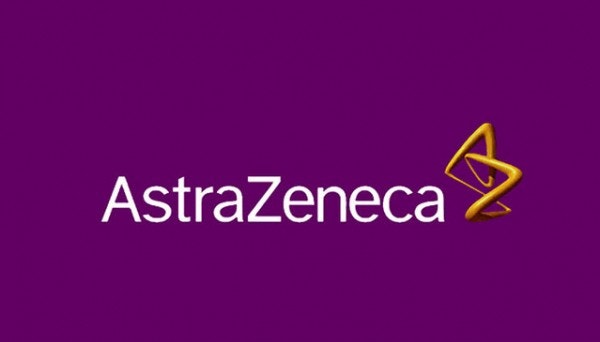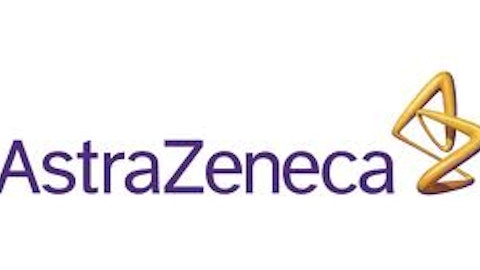A number of large pharmaceutical companies are currently undergoing a patent crisis. A large number of star drugs are facing expiring patents, putting a lot of strain on FDA to increase their approval rate.
AstraZeneca plc (ADR) (NYSE:AZN) is one of the most affected companies when it comes to a diminishing patent portfolio. The company is facing a major generic threat to some of its key drugs. It’s leading drugs, Seroquel IR, Nexim, and Crestor are on their way out and the company doesn’t have substantial pipeline depth to replace these star products.

The only way to immediately improve the pipeline depth is to acquire promising candidates, but it is facing competition in this regard from major players like Pfizer Inc. (NYSE:PFE) and Teva Pharmaceutical Industries Ltd (ADR) (NYSE:TEVA).
Acquisition
The market was expecting that AstraZeneca plc (ADR) (NYSE:AZN) will make an acquisition related announcement pretty soon, because there was not much Street optimism regarding the company’s pipeline. It was also highly likely, considering the new approach that AstraZeneca is taking by restricting its acquisition to three key areas of cardiovascular, cancer, and metabolism disorders. According to recent news, the company’s CEO has done just that by acquiring the privately held AlphaCore Pharma.
AlphaCore has been acquired for its drug Candidate ACP-501, which is a genetically engineered liver-derived enzyme. The drug aims to reduce the risk of a heart failure by managing the cholesterol levels of the patient. If successful, the drug will also target a small niche of patients which have hereditary LCAT deficiency.
Although this is an interesting acquisition and should create value in the long run, the troubles of AstraZeneca plc (ADR) (NYSE:AZN) are more immediate. ACP-501 has only completed Phase 1 trails and it is still years away from any potential FDA approval. It will most likely have to prove itself in Phase II and Phase III before it can be eligible for approval, and inevitably commercialization.
After the drug is commercialized, it can still take a significant amount of time before it can gain enough traction to contribute to the top line. The company announced last month that it has invested almost $240 million with Moderna Therapeutics for its Ribonucleic Acid (RNA) expertise.
Competitors
The mere scope and size of the healthcare ensures that the competition is not ferocious especially when compared to other sectors such as technology. The dimensions of the competition in the healthcare sector are pretty different right now. As explained above, some major healthcare companies are currently facing a patent cliff. This makes small biopharmaceutical stocks with approved or proven (successful clinical trials) candidates very attractive targets.
Pfizer Inc. (NYSE:PFE)’s Lipitor, along with other popular drugs, is losing its patent protection and the company will have to find new candidates to replace the loss. Pfizer has cash and equivalents of approximately $32 billion, which makes it a powerhouse when it comes to acquisitions.




